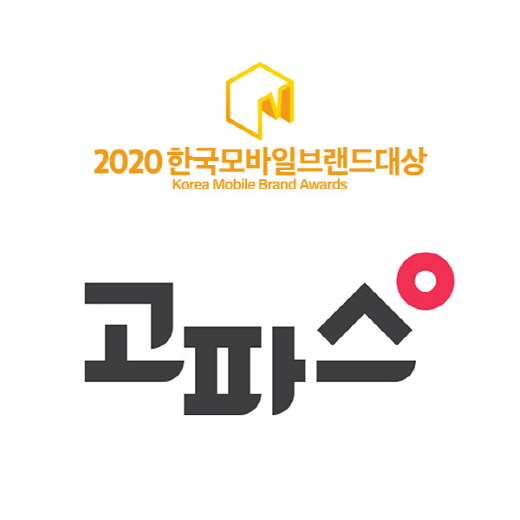The winning team of this year’s BioASQ contest from Korea University. Provided by BioASQ.
By Park Min Ha (parkminha@korea.ac.kr)
A team from the Korea University (KU) Department of Computer Science and Engineering came in first place in the “BioASQ Task 7b-Phase B” challenge, defeating last year’s winning team from Fudan University as well as the Google team. A Challenge on Large-Scale Biomedical Semantic Indexing and Question Answering (BioASQ) contest is one of the oldest and most renowned biomedical question answering (QA) contests that test the ability of each team’s artificial intelligence (AI) model on the area of biomedical semantic indexing. The KU team consists of graduate students Yoon Wonjin, Lee Jinhyuk, Kim Donghyeon and Jeong Minbyul, led by Professor Kang Jaewoo.
According to BioASQ, challenges of the contest include tasks relevant to information retrieval, hierarchical text classification, machine learning, QA from data and multi-document summarization. The KU team used their pre-trained AI model BioBERT to successfully tackle these biomedical language tasks. BioBERT is an extension of the deep learning-based model BERT developed by Professor Kang’s research team and *Naver’s* research team *Clova*. The model is designed to understand the meaning of words through the context of sentences. BioBERT has acquired contextual information through 18 million scientific papers on biomedicine and used the information to answer the questions in papers given for the contest. Professor Kang’s team have optimized the model for the BioASQ contest and successfully ranked first place in all five rounds.
The result of the contest proves that the KU team was able to significantly improve the performance of the QA system in the biomedical field through the function of machine learning in the biomedical context. There are further expectations for BioBERT to be used in the future to become a clinically significant decision-supporting tool.
출처 : 고려대학교 고파스 2024-04-25 15:09:24:
import_export
|
고대뉴스 N 따끈따끈한 학내 소식을 전합니다. |
새로고침 | 로그인 |

|
익명 일반 | 등록일 : 2019-10-09 01:20:29 | 글번호 : 10763 | 0 1640명이 읽었어요 모바일화면 URL 복사 |
|
[NEWS] Korea University’s Artificial Intelligence Model Beats Google’s Model
|
|
|
|
|
| 새로고침 | 목록보기 |





| 댓글을 작성하실 수 없습니다. (권한이 없는 회원레벨) |
| 목록보기 |
 |
캠퍼스프렌즈 | 대표 : 박종찬 서울 성북구 안암로83 5F 사업자 등록번호 : 391-01-00107 통신판매업신고 : 2019-서울성북-1598 |
02-925-1905 e-mail : kopapa@koreapas.com 고파스 소개 | 이용약관 | 개인정보취급방침 | 이용문의 | FAQ |




